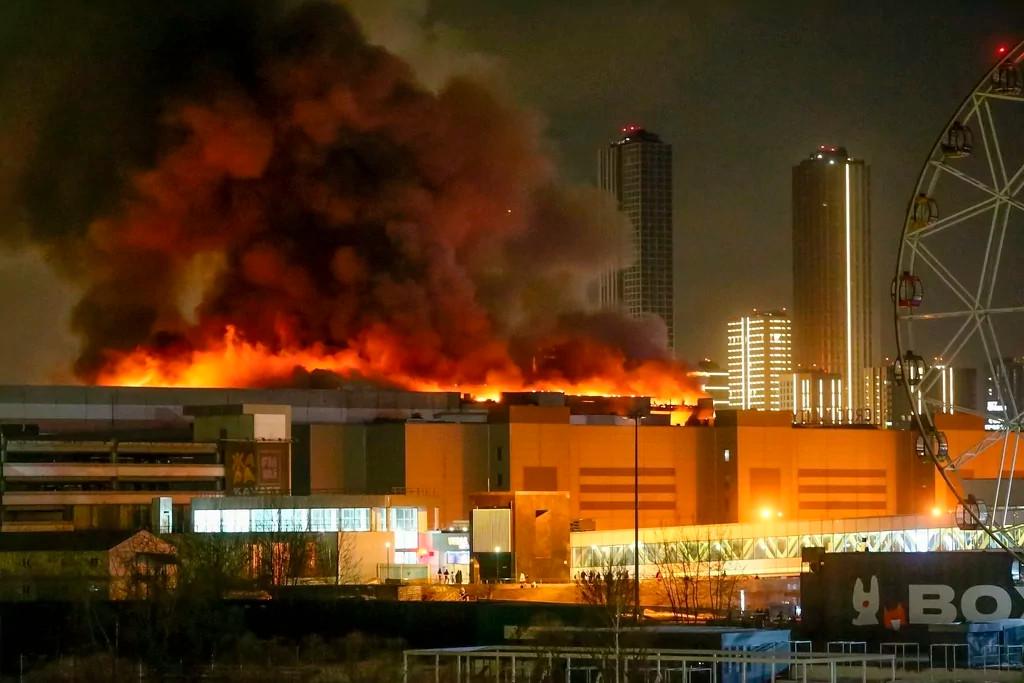
ISIS-K is going international
As foreign policy discourse has shifted focus to great power competition and the wars in Ukraine and Gaza, it is tempting to forget the threat that terrorist organizations pose to the United States. However, the danger posed by those such as the Islamic State group has risen to levels not seen since the peak of their international attacks in the mid-2010s.
After the ascent of the Taliban regime in Afghanistan, the local chapter of the Islamic State group, known as ISIS-K, has faced setbacks in its attempts to found a territorial state in the country’s eastern regions. Taliban counterinsurgency operations and crackdowns on ISIS-K international financing have led to a decline in ISIS-K’s local power. Many Salafi leaders in Afghanistan, the traditional base of support for ISIS-K, have instead sought a détente with the Taliban emirate.
This has incentivized what was previously a regionally focused chapter of the Islamic State to shift focus to international operations. In particular, there have been increased recruitment efforts in Central Asian countries, especially Tajikistan. ISIS-K has also pushed recruitment in Western countries using online propaganda to enlist agents and inspire attacks.
ISIS-K’s increasing international focus has led to an increased threat for countries far removed from Afghanistan. In Moscow, ISIS-K claimed responsibility for the massacre of 145 civilians in the Crocus City Hall attack in March. The alleged perpetrators were Tajik citizens. Meanwhile in Western Europe, France and the Netherlands have raised their terrorism threat levels recently.
For the U.S., the level of danger has also increased substantially. Attorney General Merrick Garland said, regarding terrorist attacks, “The threat level has gone up enormously.” Gen. Michael Kurilla, commander of U.S. Central Command, said the Taliban did not have the intent or ability to pressure ISIS-K into stopping its international operations.
One opportunity for terrorists to harm the U.S. is the open southern border. Just a few days ago, U.S. Immigration and Customs Enforcement officers arrested eight Tajik nationals with alleged ties to the Islamic State group. They had crossed the border illegally and subsequently were arrested after lacking proper documentation. They were then released with orders to appear in court. With this freedom afforded to them by flawed border policy, they moved freely in the country and were eventually arrested in Los Angeles, New York, and Philadelphia after more information showed that they were dangerous.
The U.S. cannot rely on other powers, especially the Taliban, to be invested in preventing ISIS-K from threatening it. American leaders and voters need to remember the threat posed by terrorist groups such as ISIS-K, notwithstanding the large-scale conflicts and great power politicking that make headlines. Even if we forget about our war on terrorism, the terrorists certainly haven’t.
Source » washingtonexaminer





